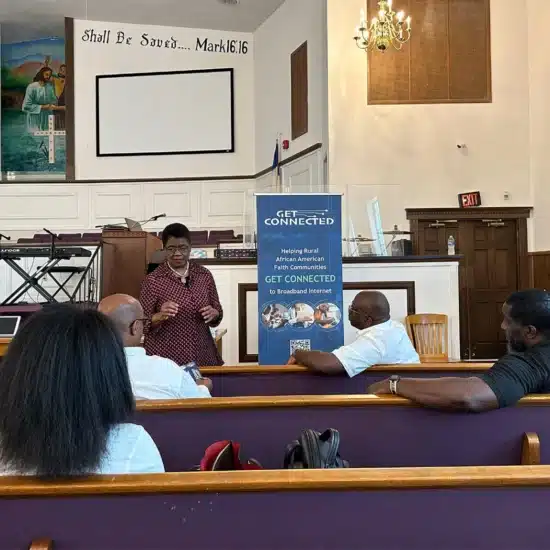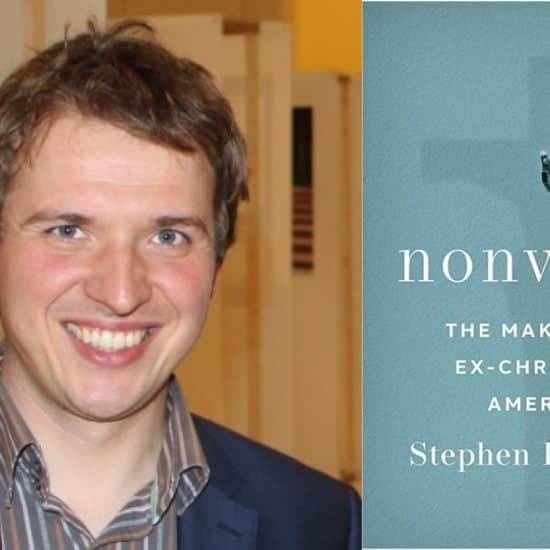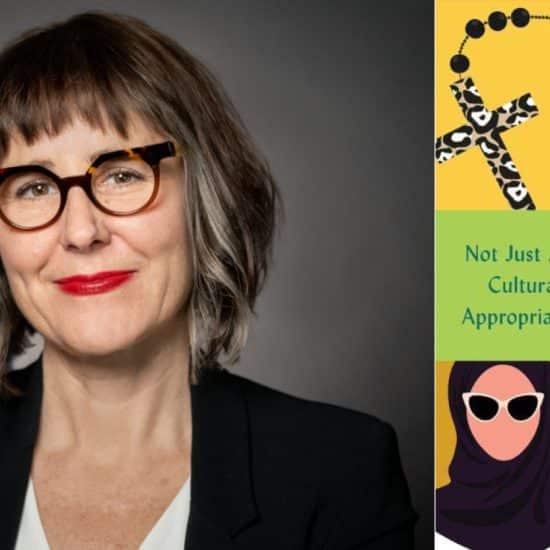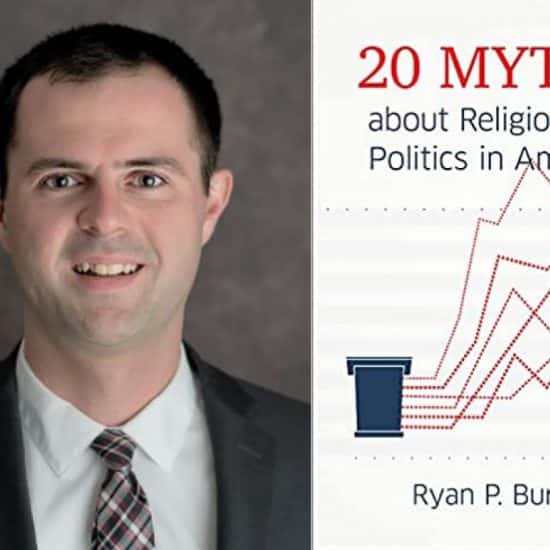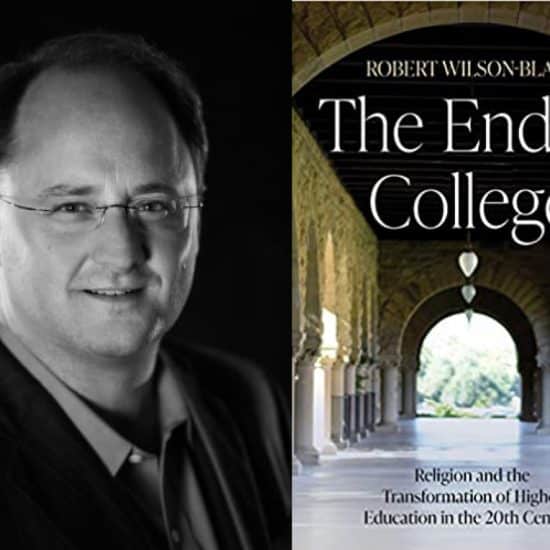A majority of U.S. adults don’t use the Internet to access spiritual or religious content, even though most believe the Internet exposes them to new perspectives.
These are two findings in a Baylor University religion survey, “American Values, Mental Health and Using Technology in the Age of Trump,” which was released on Sept. 7.
 Among U.S. Christians, evangelicals (61 percent) were most likely to use the Internet once a month or more to access religious content, the survey found. (Image: Pixabay)As the title suggests, the survey covered a range of topics, with one section being devoted to exploring the intersection of technology and religion.
Among U.S. Christians, evangelicals (61 percent) were most likely to use the Internet once a month or more to access religious content, the survey found. (Image: Pixabay)As the title suggests, the survey covered a range of topics, with one section being devoted to exploring the intersection of technology and religion.
When asked how often, if ever, they use the Internet to access religious or spiritual content, 55 percent of respondents replied, “never.”
By comparison, 23 percent said they did so once a month, 12 percent once a week, 7 percent daily and 3 percent several times a day.
Among U.S. Christians, evangelicals (61 percent) were most likely to use the Internet once a month or more to access religious content, followed by black Protestants (57 percent), Catholics (40 percent) and mainline Protestants (40 percent).
Sixty-five percent of non-Christian respondents said they accessed religious content online once a month or more, while only 15 percent of the religiously unaffiliated (“nones”) said they do so.
Despite concerns “that the Internet isolates like-minded individuals into self-segregating ‘echo chambers,'” Baylor found that respondents from all groups affirmed that technology exposes them to new perspectives: evangelicals (87 percent), mainline Protestants (86 percent), black Protestants (84 percent), Catholics (90 percent), non-Christian religions (95 percent) and nones (95 percent).
Using the Internet to proselytize or share one’s beliefs is uncommon, with 77 percent of all U.S. adults saying they never did so.
Non-Christian traditions were most likely to use the Internet to proselytize, with 64 percent saying they did so at least one a month. By comparison, 61 percent of evangelicals did so, 57 percent of black Protestants, and 40 percent of both mainline Protestants and Catholics.
This is the fifth such survey conducted by the university’s sociology department and Institute for Studies of Religion since 2005.
The full report is available here.
This article first appeared on EthicsDaily.com.

